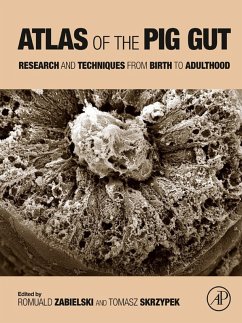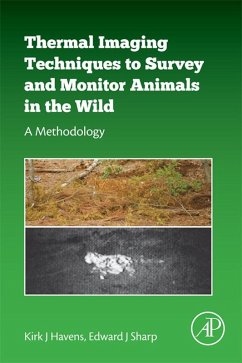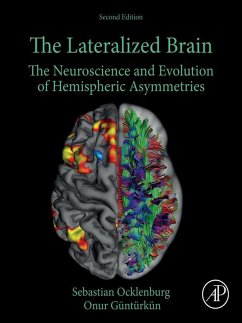
The Science and Art of Sensory Processing Sensitivity (eBook, ePUB)
Versandkostenfrei!
Sofort per Download lieferbar
95,95 €
inkl. MwSt.
Weitere Ausgaben:

PAYBACK Punkte
48 °P sammeln!
The Science and Art of Sensory Processing Sensitivity provides an up-to-date and novel scientific perspective on the biologically based Sensory Processing Sensitivity (SPS) trait- which is associated with enhanced awareness, depth of cognitive processing, and heightened responsivity to the environment and other individuals. This second volume by B.P. Acevedo, following "The Highly Sensitive Brain," takes a scientific perspective on its exploration of SPS, but adds to the existing body of literature on high sensitivity by including an enhanced discussion on the proposed mechanisms linking it wi...
The Science and Art of Sensory Processing Sensitivity provides an up-to-date and novel scientific perspective on the biologically based Sensory Processing Sensitivity (SPS) trait- which is associated with enhanced awareness, depth of cognitive processing, and heightened responsivity to the environment and other individuals. This second volume by B.P. Acevedo, following "The Highly Sensitive Brain," takes a scientific perspective on its exploration of SPS, but adds to the existing body of literature on high sensitivity by including an enhanced discussion on the proposed mechanisms linking it with depression, anxiety, and burnout.In addition, this second volume explores SPS' relationship to other relevant personality traits, such as the Big Five, creativity, and sensation seeking; and sheds light on how their varying combinations give rise to different outcomes for highly sensitive persons (HSPs). A unique contribution of this volume is its detailed examination of the role of culture, gender, biology, aging, and the environment (including the workplace) on the expression (or repression) of high sensitivity.Also, unlike previous books, this volume takes a broad perspective on outcomes related to being highly sensitive to shine a light on the non-trivial issue plaguing many HSPs: diminished quality of life, happiness, and well-being. As such, a major contribution of the second volume on the science of SPS, is its extensive description of scientifically-based techniques that might improve the quality of life for those with high SPS. Thus, this volume may appeal to a wide audience, including both HSPs and those in their social network (friends, partners, physicians, parents, educators, and clinicians) who wish to better understand SPS, those with the trait, and how to enhance well-being among the highly sensitive. - Describes the mechanisms and neurobiology underlying sensory processing sensitivity - Distinguishes SPS from seemingly related disorders including depression, burn-out, and neuroticism, and proposes solutions - Uniquely explores variations in SPS and its association with different combinations of personality traits (extraversion, sensation-seeking, creativity, openness, and neuroticism), with related outcomes - Describes techniques based in recent scientific advances to improve quality of life for individuals with SPS - Features implications of SPS in the workforce, education, and personal relationships; and explores the impact of gender, culture, and aging on the expression of SPS
Dieser Download kann aus rechtlichen Gründen nur mit Rechnungsadresse in A, B, BG, CY, CZ, D, DK, EW, E, FIN, F, GR, HR, H, IRL, I, LT, L, LR, M, NL, PL, P, R, S, SLO, SK ausgeliefert werden.












